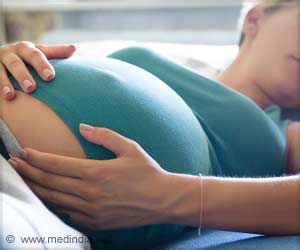A British woman has given birth in Austria to identical triplets, something that only happens in one out of 200 million births, her doctor said Wednesday.
The three baby girls -- Amy, Kim and Zoe, each weighing 1,500 grams (3.3 pounds) -- were born Monday to their 25-year-old mother by Caesarian section in the 33rd week of her pregnancy.The family's doctor Peter Schwaerzler said the chances of having identical triplets in natural cases such as this, where artificial insemination had not been used, was one in 200 million, the Austrian news agency APA reported.
Normally, the triplet foetuses die early on in a pregnancy, said Schwaerzler, the head of the maternity ward at Feldkirch hospital, in Vorarlberg in western Austria.
"We have achieved our goal of having all three survive," Schwaerzler said.
The 33rd week of a pregnancy was the ideal time to have such a birth, as the risks of fatalities "increase dramatically" after that, he added.
The mother will be closely watched in hospital for at least the next three weeks. The babies are currently in intensive care, as at least two to three weeks are needed to make sure no complications develop, Schwaerzler said.
Advertisement
Source-AFP
LIN/J





